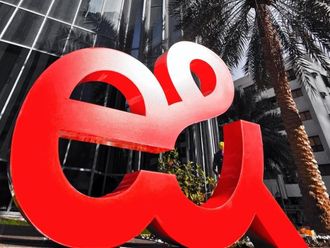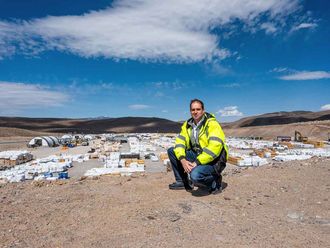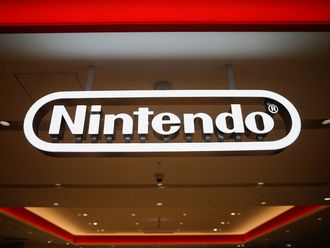Karachi: Pakistan’s largest tracking service provider is planning to expand its mapping service to Bangladesh, Iran and Sri Lanka within three years to cater to the underserved countries with a combined population larger than Eurozone.
“My short-term objective is not to look at maps just for Pakistan, but for all areas where people are not active,” TPL Trakker Ltd Chief Executive Officer Muhammad Ali Jameel said in an interview in Karachi. “We will become a significant player in the mapping space.”
The company, which rivals Alphabet Inc’s Google map business, is aiming to make its app one of the most frequently used mobile applications by providing services such as food delivery and e-commerce. Started in Pakistan last month, TPL’s maps will begin generating revenue in six months. The application will be free for users with the company planning to sell advertisement space.
“The objective is to have world class maps and have data that is semi-local, but will have better quality than anybody else,” said Jameel. “The objective is to get people hooked onto the maps because of the features.”
TPL Trakker’s shares have fallen 19 per cent this year, compared with the 22 gain of the nation’s benchmark index. The stock fell 0.3 per cent to 12.02 rupees at 9:50am in Karachi.
Navigation System
The company also supplies maps to cars sold by Toyota Motor Corp’s Pakistan unit as part of its navigation system. TPL plans to add the service to another automobile company by June, Jameel said. The company is seeking to boost revenue to as much as 12 billion rupees ($114 million) in four years from 2 billion rupees, he said.
Google Maps which started over a decade ago as a desktop mapping service has become one of the search engine’s most-used smartphone global app products offering satellite imagery and street maps. The market leader provides live traffic data in 60 countries and constantly adds newer features customised to each location.
The US company has run into hurdles with authorities of some nations. Google’s camera-mounted cars were to roam Indian cities collecting imagery from roads and public locations for its free Street View service but the nation’s Home Ministry rejected plans in June. Indian security agencies have expressed apprehensions as the country has had multiple terrorist incidents with attackers extensively photographing targets in advance.
“Mapping is a sensitive business,” says Jameel. “It’s a sensitive business that is not regulated but can be regulated.”
Jameel got permission earlier this year for Pakistan after applying eight years ago with the government’s mapping organisation called Survey of Pakistan. The group also plans to start construction of a high-end residential building in Pakistan’s commercial capital in January after listing its property business, which includes an office building that fetches the highest rent in Karachi, according to Jameel. Property prices have more than doubled since 2012 in the coastal city that’s recovering from decades of sectarian violence, bombings and kidnappings.












